Have you ever wondered about staying safe in Southeast Asia? When you set off on a new adventure, you may be faced with situations that compromise your welfare. Much like anywhere in the world, Southeast Asia comes with its share of tourist traps. Yet staying safe in Southeast Asia doesn’t need to be a hard work. Using your common sense during a big trip goes a long way in helping you avoid the common pitfalls of traveling, particularly if you’re venturing off alone.
Here, we break down the 10 most important safety hacks for staying safe in Southeast Asia, from being prepared for natural disasters to avoiding local con artists. This essential guide will help you stay travel smart as you venture through this beautiful region, whether you’re a first-timer or an old hand. Gain the inside scoop and uncover our safety travel tips for Southeast Asia, so you can keep smiling during your next big adventure.
Street Smarts in Southeast Asia

- Listen to your intuition
- Take care of your documents & ID copy
- Take a padlock with you
It may sound obvious, but listening to your intuition when you’re travelling is the key to staying safe in Southeast Asia. Just because you’re away from home, doesn’t mean your usual high standards of street wisdom should drop. First thing’s first, your passport is of the upmost importance. Keeping your main source of identity safe should be your priority. While some like to keep their passport with them at all times, others prefer to leave theirs in accommodation lockers or local storage facilities.
However, in general, taking your passport with you on every occasion increases the chance that it will be stolen or simply lost, which is why it is better to keep it in the safe deposit in your hotel. In this case, make sure to have to have your ID photo on the phone, and a scanned copy of the passport.
If you are staying in a stared room in a hostel, be aware that your belonging may be on display. One of the best travel tips for Southeast Asia is to always take a padlock with you, so that you can lock your luggage whenever you need to, even if you can’t securely store it. Do what feels right to you; if you feel uneasy about leaving any belongings somewhere, don’t do it. Most train stations across Southeast Asia offer coin-operated lockers, so you can store your items securely and cheaply.
Stay informed
- Keep a list of emergency numbers & your accommodation address
- Make a list of varified taxi drivers
- Plan your routes and transport in advance
One of our best travel tips for Southeast Asia is to keep yourself informed of where you are and where you are going. Keep a list of emergency numbers for the destinations you’re travelling to, including police, ambulance, and hospital information. Make sure you carry your accommodation address and phone number with you at all times so that if you get lost, you can always find your way back.
It is sensible too, to have a list of verified taxi companies for your local area, this way you can avoid climbing into a car without knowing who is driving it. If you are travelling to more than one place, make sure you plan your route thoroughly and take directional information with you so you can always find your way. Keeping your friends and family in-the-know of your movements is also key to staying safe in Southeast Asia.
Essential Info:
Global Emergency Numbers
Web: https://en.wikipedia.org/wiki/List_of_emergency_telephone_numbers
Weather in Southeast Asia
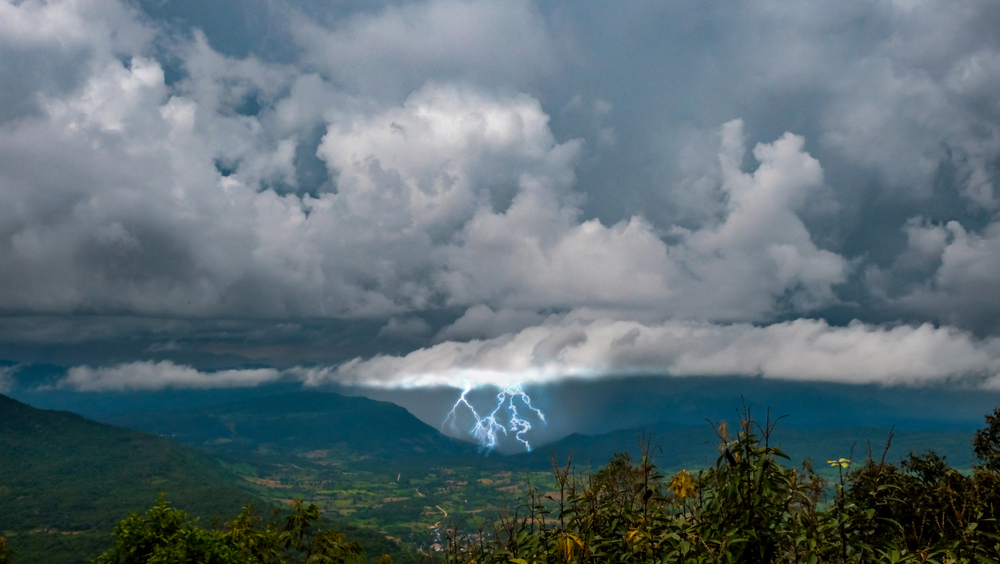
- Always check the best season to travel before you book your trip
- Often heavy rain only lasts a few hours, meaning travel is possible during rainy season
- Weather differs greatly from region to region, especially in Thailand and Vietnam
Before you book your flights, double check that you are not intending to travel during peak monsoon season. There’s nothing like persistence heavy rain to spoil your holiday plans! While Southeast Asia benefits from a fantastic climate, it does have its periods of bad weather. During rainy season, there will be periods of intense rain but showers only usually last a few hours, meaning travel during these months is a possibility. Check weather websites and sign-up to local news alerts so you can stay up-to-date with what’s going on, especially if you are travelling for several months.
When it is best to go to Indonesia:
Between May and September, Indonesia is alive with sunshine, with dry, hot days and balmy evenings. Even between November and March, the country’s monsoon season, temperatures remain high.
When it is best to travel to Thailand:
Thailand’s dry season is between November and April. Phuket’s monsoon season is between May and October, while the rainy season in Bangkok is between June and October.
When it is best to visit Vietnam:
Vietnam is lovely in Spring and Autumn, from February to April and August to October. Ho Chi Minh City should be avoided between May and October, while Hanoi is best eluded between May and September.
When it is best to visit Singapore:
If you’re looking to visit Singapore, do so between February and September, avoiding the wet months of November and December.
When it is best to explore Malaysia:
The best seasons in Malaysia come between January and April, when the weather is dry and warm. Avoid travelling between October and December, when heavy rain affects the country.
Essential Info:
Southeast Asia Weather
Web: https://www.accuweather.com/en/asia-weather
Natural Disasters
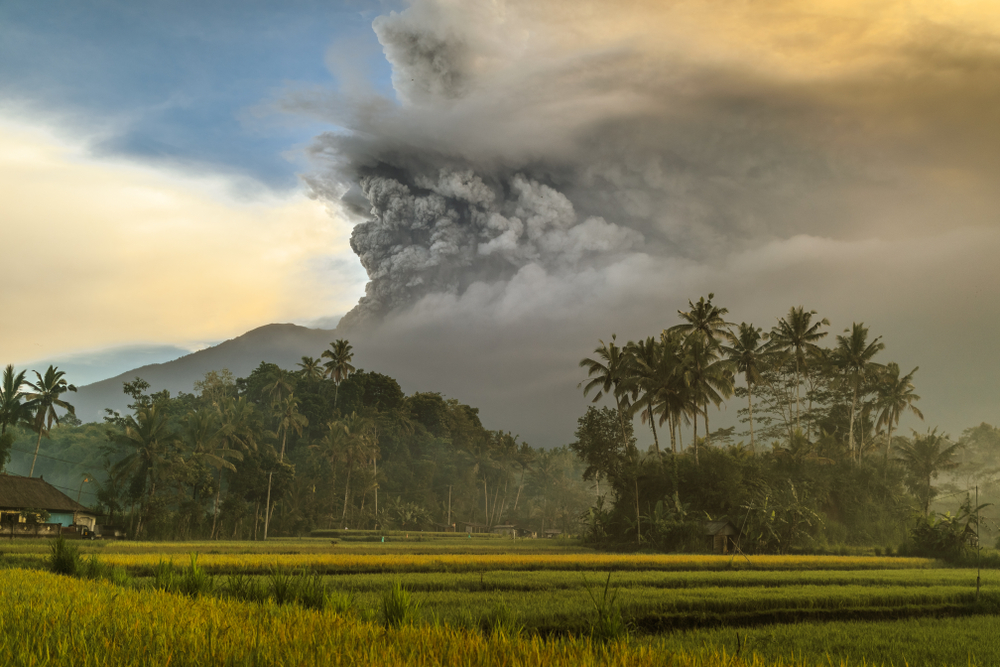
- Pack a basic survival kit, to include spare clothing, cash and bottled water
- Make contingency plans for possible disruptions and keep note of your airlines’ details
- Make sure your travel insurance covers natural disasters
Southeast Asia’s beguiling volcanic scenery makes the region strikingly beautiful, yet such terrain increases the possibility of natural disasters. From earthquakes to tsunamis, it is essential that you prepare yourself for all eventualities when travelling to areas susceptible to the forces of nature. The latest series of earthquakes across Indonesia have caused a few travel issues. Check out our handy guide to visiting Bali now, for more natural disaster safety tips. Be prepared for all situations by packing a basic survival kit, to include spare clothing, first aid basics, food, and bottled water. Make contingency plans for possible disruption and carry enough cash to pay for additional accommodation, transportation, and supplies that you may need.
If volcanic activity occurs, ash clouds could cause airport closures or flight cancellations. Such inconveniences can last anywhere between 48 hours and several weeks. Keep note of contact details for your airlines and keep up-to-date with flight information to make sure you don’t get caught out. Malaysia, Vietnam, and Indonesia are all prone to earthquakes and volcanic activity. Before you travel, make sure your insurance covers natural disasters, including any financial support for possible travel delays. You can keep informed of seismic activity and travel news across the world, via The Foreign and Commonwealth Office’s social media pages (see below.)
Essential Info:
The Foreign and Commonwealth Office
Web: https://www.gov.uk/government/organisations/foreign-commonwealth-office
Tel: +44 020 7008 1500
Twitter: @FCOtravel
Avoiding Scams in Southeast Asia
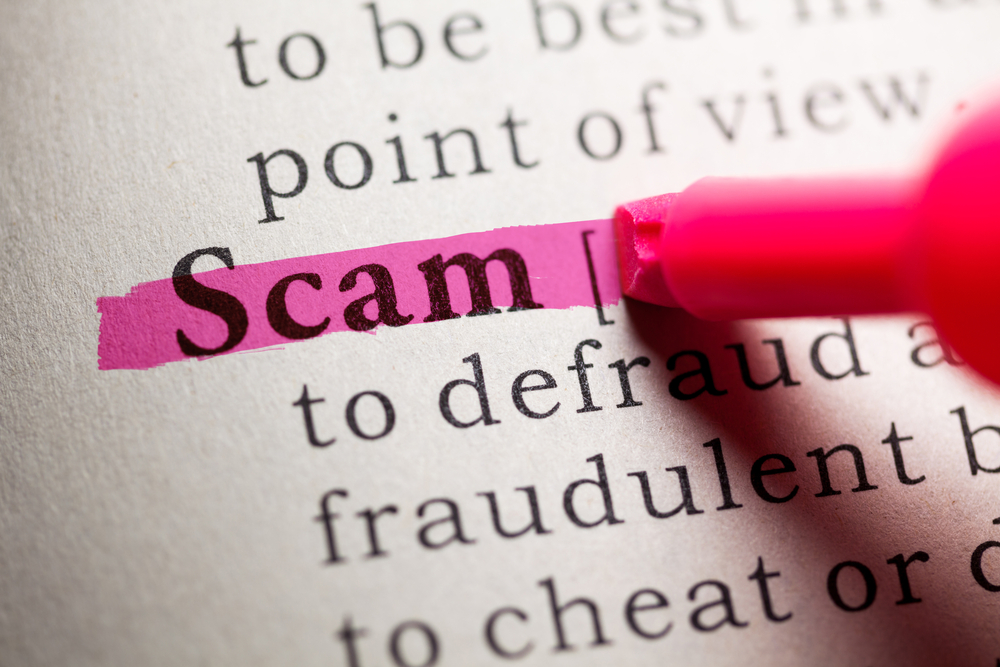
- Search the internet for common scams in your destination
- Listen to your instincts and walk away if you feel uneasy
- Write a list of phone numbers for local tourist police
Staying safe in Southeast Asia should include cluing yourself up on local crime issues. From paying over-the-odds for food to being short changed in a bar, it’s a sad fact that many Westerners fall victim to simple scams during their travels. Across Southeast Asia rip-offs are rife, and scams differ from region to region, yet almost all of them rely on you handing over cash. Before you head off, search the internet for common scams in your destination, so you will be prepared when something doesn’t feel right. Listen to your instincts and walk away if a situation is making you uneasy. Keep the numbers of local tourist police handy, so that if you find yourself falling victim to any sort of scam, you’ll know who to call.
Asking strangers for advice can often lead to trouble. Locals may tell you a white lie in order to profit from your ignorance. For example, a taxi driver may tell you that your hotel is five miles away, when it is actually around the corner. If you can, use GPS to check how far away your destination is before you hop in. Ask other travellers for advice on how much things cost and don’t let inexperience catch you out. Short changing is also common across Southeast Asia, so always double check that you’ve been given what you’re owed.
If you are hiring motorbikes or a car during your adventure, take photographs before you set off, so that you can’t be held accountable for damage caused by someone else. When renting a scooter or car during your trip, take these tips on board:
- Get a licence that covers you for road accidents. Your travel insurance most likely won’t
- Rent a vehicle that you feel comfortable driving
- Never rent the cheapest vehicle, and if it looks unfit for purpose move away
- Inspect the vehicle before you buy, including tyres, brakes and lights
- Always stick to the speed limit and carry your license with you at all times
- Buy a local map so that you can navigate your way without relying on GPS
- As a rule across Southeast Asia, the biggest vehicle always gets priority on the road
Pickpockets in Southeast Asia
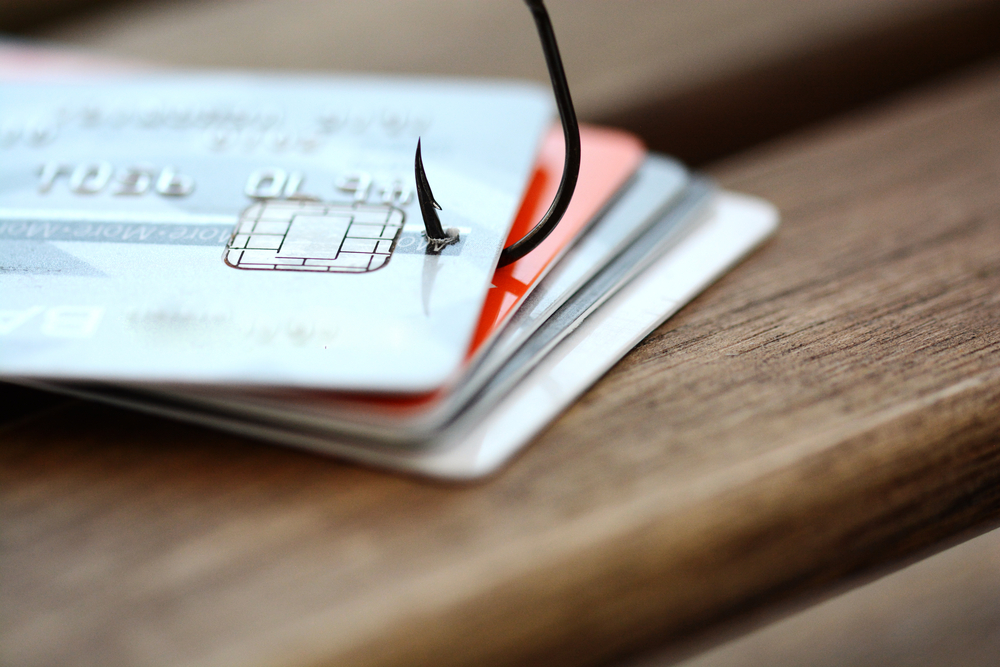
- Don’t keep your belonging loose in your back pocket
- Secure your backpack with a padlock
- If a stranger approaches you, be aware of where your belongings are
Pickpockets are rife across the world, especially since people are guilty of carrying expensive technology with them everywhere they go. Street wise lifters use age-old techniques to take your belongings without your knowledge. In June of this year, Police in Thailand arrested 15 people, part of a wide-spread pickpocket gang operating across major tourist destinations.
If you have expensive items on your person, do your best to keep them hidden from prying eyes. Don’t draw attention to yourself by flashing your belongings in public and avoid placing cash or your mobile phone in your back pocket. If you have a backpack, carry it on your front or buy a small padlock to make sure no hands can get into its compartments without your knowledge. If a stranger starts talking to you, keep an eye on your belongings, pockets, and bags.
Moped thieves in Southeast Asia
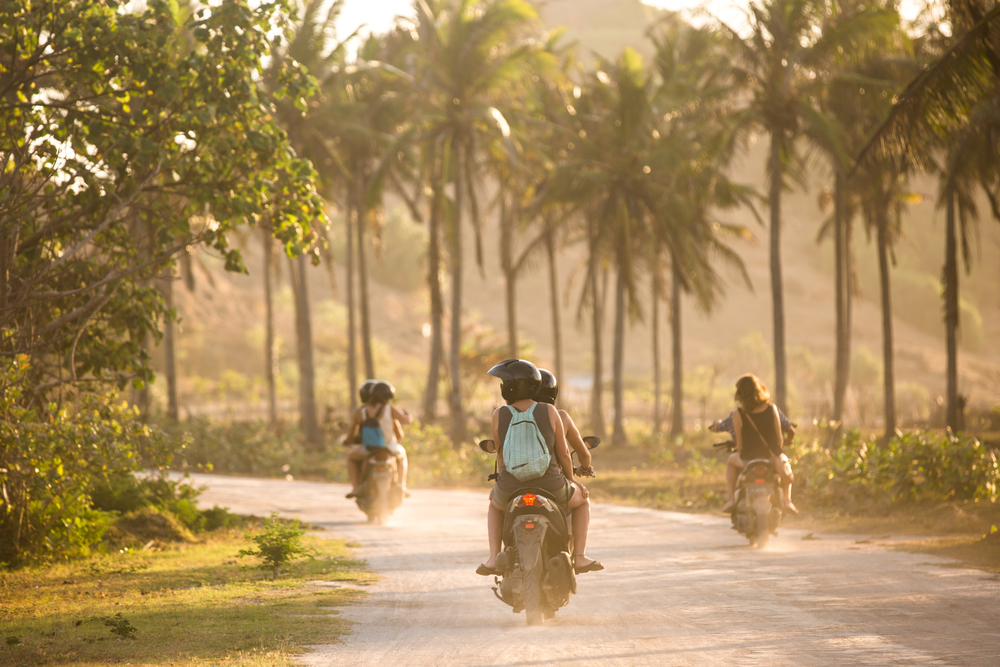
- Don’t count cash or play with you mobile phone on the street
- Cross-body bags are harder to steel when you’re on foot
- When travelling by motorbike, consider a backpack instead
- Use your common sense and keep your eyes peeled
In this modern age, scooter thieves have become more common, with riders using bikes to make a speedy exit from the scenes of their crimes. To avoid them, use your common sense and take these tips on board. It might sound obvious, but don’t stand in the street with your wallet out, counting your cash or playing with your mobile phone. You never know who might be watching you, and this is an accident waiting to happen.
Recently, social media influencer Christina Galbatov was riding a scooter in Bali when two moped thieves stole her cross-body bag. Christina fell from the bike and received numerous injuries. While wearing a cross-body is much harder to steal when you’re on the ground, a backpack might be more sensible for riding a motorbike, so consider your situation and choose a suitable bag to match. Keeping your eyes peeled and your common sense in-tact is key to staying safe in Southeast Asia.
First Aid
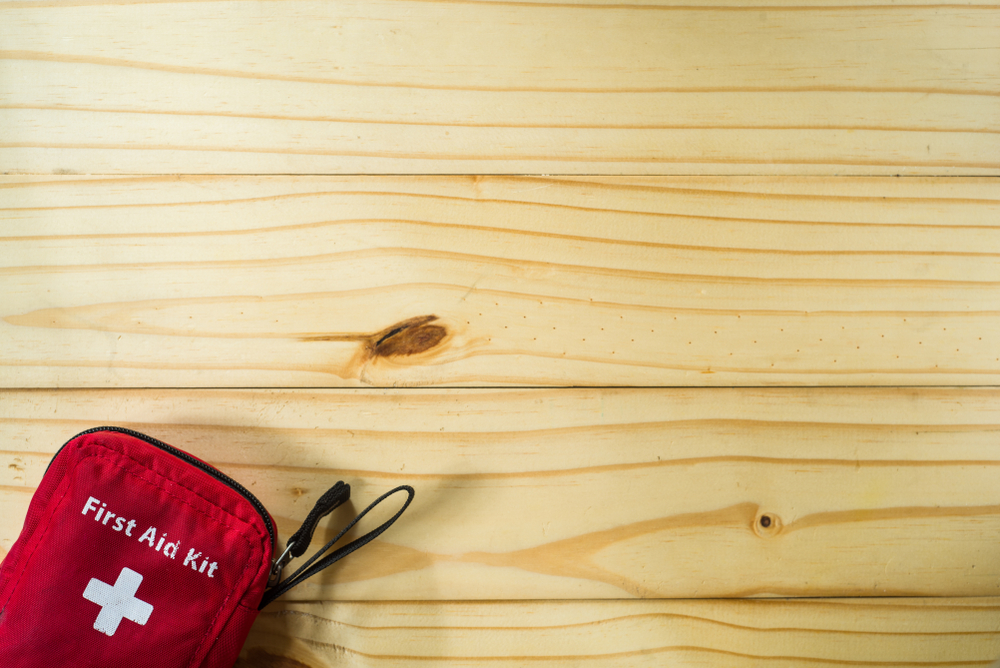
- Pack essential medical supplies for you travels
- Check which injections you need for your destination on the NHS’s website
- Always carry pain killers, plasters, sun cream, bug spray and antibacterial gel
Wherever you’re planning on travelling to, having medical essentials with you is a must. You may find that certain medicines are not available in some areas of Southeast Asia. When you organize your bag, make sure you pack first aid essentials, as well as a smaller medical kit for carrying around during the day. From painkillers to sun cream, keeping yourself healthy and protected during your holiday really is the smartest thing you can do. Here is a list of all the things you should make sure you pack before you set off: plasters, painkillers, bug spray, sun cream, after sun, antiseptic wipes, antibacterial gel, Loperamide tablets, antihistamine cream or tablets.
Additionally, before you travel make sure you have arranged all your essential immunization injections, necessary for keeping you safe in Southeast Asia. You can check what jabs you need on the NHS’s dedicated travel website, listed below.
Essential Info:
NHS Travel Injection Information
Web: https://www.nhs.uk/conditions/travel-vaccinations/jabs/
Single Female Travellers
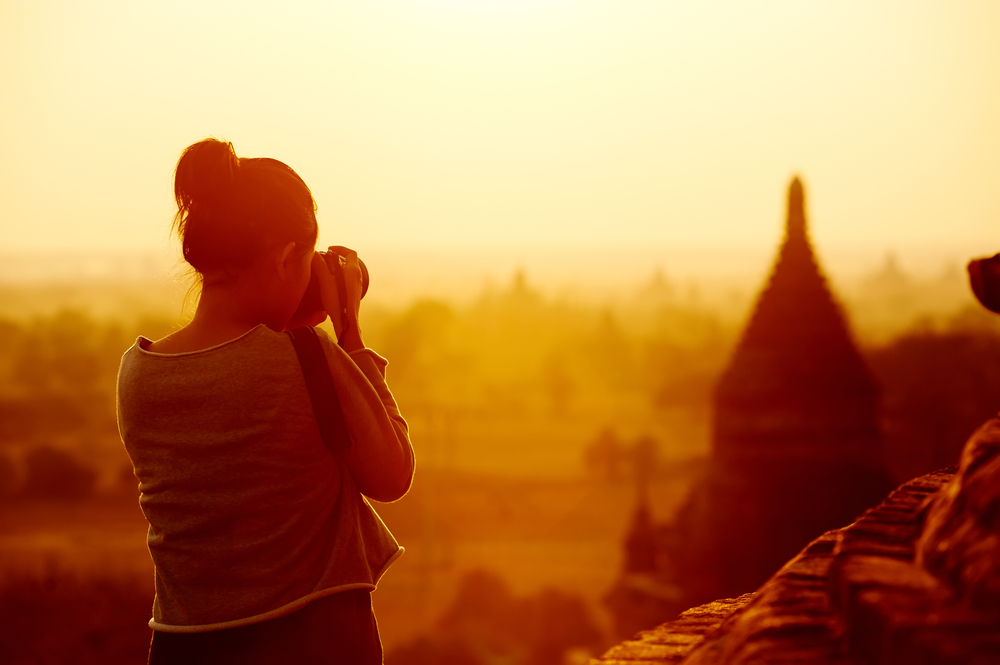
- If someone is making you feel uncomfortable, move away from them
- Speak to your accommodation provider about areas to avoid
- Always use legitimate taxi firms
- Keep your family informed of your location, including hotel names and addresses
If you’re a single female traveller about to embark on an adventure, there are a few tips to note before you head off. With most things, relying on your common sense is key to staying safe in Southeast Asia. Never do anything that makes you feel uneasy and if someone is making you uncomfortable, move away from them. You may not want to appear rude, but listen to your head and trust your instincts.
Speak to your accommodation provider about areas you should avoid, particular at night. Don’t walk around by yourself after dark, especially in areas that you don’t know. Avoid talking to strangers and don’t give someone that you don’t know your personal information. Always use legitimate taxi firms or go with the driver who seems least interested in giving you a lift. Anyone who is pushing you to get into their car should not be trusted. Most importantly, stay in touch with friends and family and keep them well informed about your location and onward travel plans, including the names and addresses of your current and future hotels.
Money-saving Tips for Southeast Asia
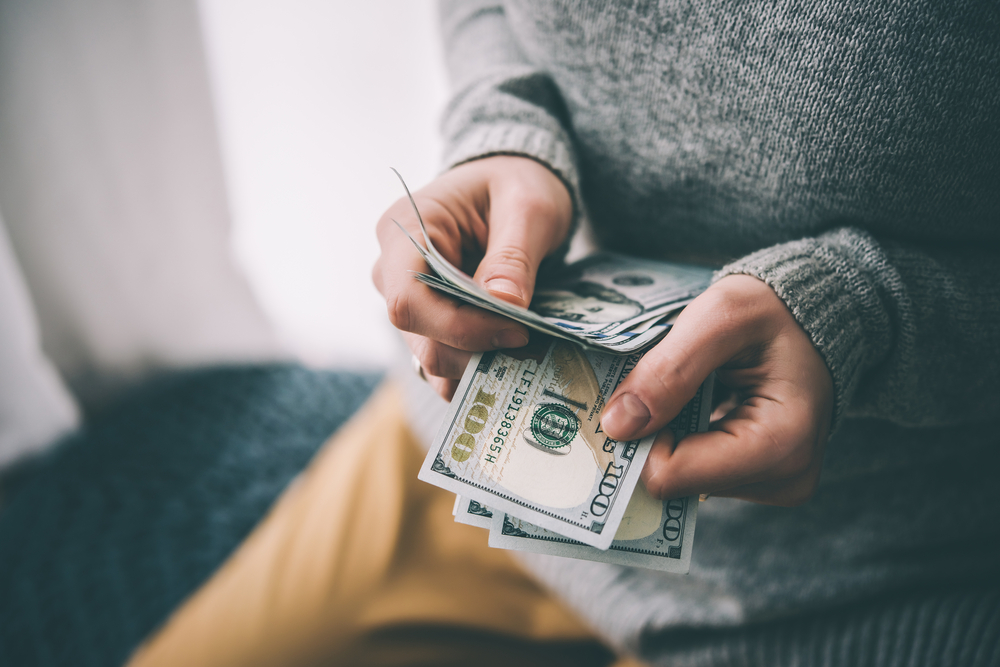
- Haggling is invited across Southeast Asia
- Always pay in the local currency
- Utilise free Wi-Fi, available wherever you go
Clever money-saving ideas are probably our best travel tips for Southeast Asia. When it comes to travelling on a budget, many of us can fall into the trap of accepting a price tag at face value. In many places across Southeast Asia, haggling is welcomed, if not expected. Negotiating differs depending on where you are, so stay observant and speak to other travellers about their experiences. Save money by dining at local street food markets; they’re usually the cheapest places to get an authentic meal. Carry snacks with you and buy a reusable water bottle with a filter attachment.
Using local currency is key. While some places accept global currency, the exchange rate could mean that you end up paying over the odds. Every destination has plenty of attractions that are completely free of charge. Check online before you travel and make a list of great complimentary things to do during your adventure. It might sound obvious, but walking is a fantastic way to save cash! Often, places are not as far away as they might seem. Access free Wi-Fi across the city, including in coffee shops, to check your route. Donning your walking boots is also one of the best ways to truly experience a place.

